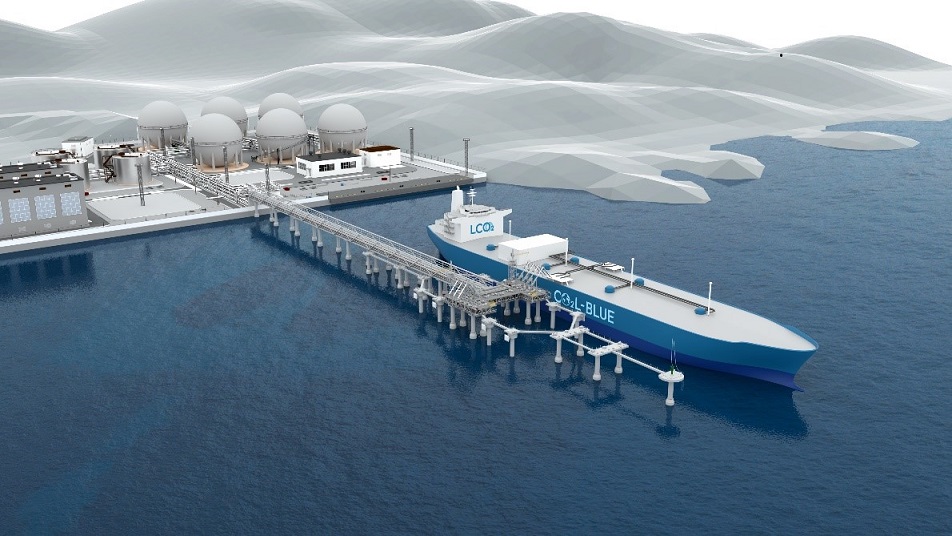Japan’s Mitsubishi Shipbuilding has signed a contract with compatriot shipowner Sanyu Kisen to build a liquefied carbon dioxide (LCO2) carrier.
The development of the demonstration vessel is a part of initiatives of the New Energy and Industrial Technology Development Organization (NEDO) in the carbon capture utilization and storage field, according to Mitsubishi Shipbuilding, a unit of Mitsubishi Heavy Industries.
Also, the Engineering Advancement Association of Japan (ENAA) will charter the ship from Sanyu Kisen and operate it.
Under consignment from ENAA, three additional partners, K Line, Nippon Gas Line and Ochanomizu University, would accelerate the research and development projects of the LCO2 transportation technology, Mitsubishi said.
The partners would also contribute to cost reduction of CCUS technology and enable “safe, long-distance and large-scale transportation of LCO2.”
According to Mitsubishi, the 72 meters long ship would be the world’s first LCO2 carrier intended specifically for CCUS.
Mitsubishi Shipbuilding would be in charge of all aspects of the construction process, including developing a cargo containment system of 1,450 cbm.
Japan’s shipbuilder will also apply its gas handling technologies and use its expertise accumulated through the construction of LPG and LNG carriers.
It will build the vessel at the Enoura Plant of MHI’s Shimonoseki Shipyard & Machinery Works.
Mitsubishi Shipbuilding added it would deliver the ship in the second half of the fiscal year 2023.
Last year Mitsubishi Shipbuilding revealed that it had joined forces with NYK to develop a large liquefied CO2 carrier.
The two companies plan to develop LCO2 carriers as they expect demand for these vessels to increase in the future.

